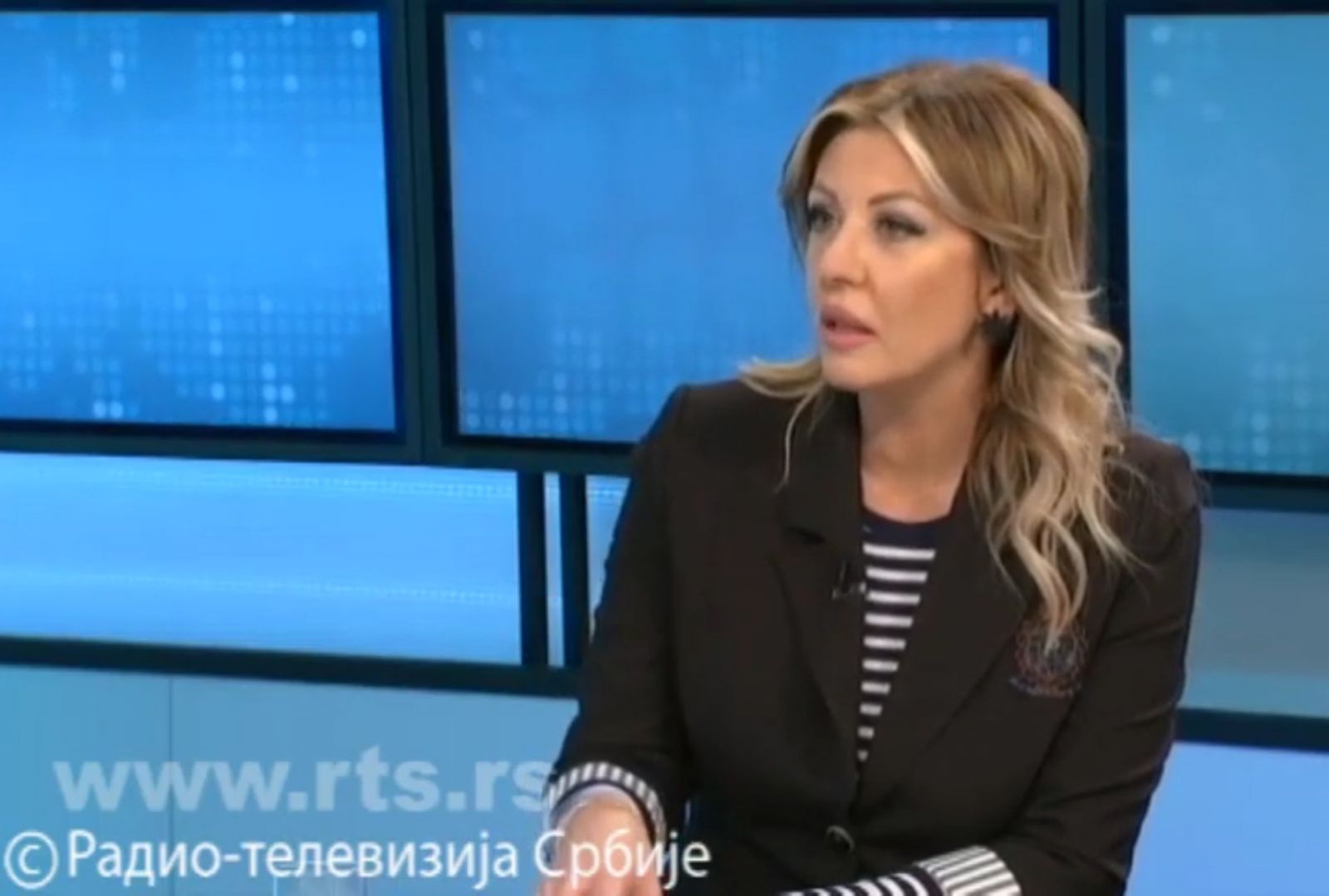
Serbia agreed to the new methodology of EU accession a long time ago, and it primarily implies stronger political steering and oversight of the process both by the EU and candidate countries, said Minister of European Integration Jadranka Joksimović.
Commenting on the principles of the new EU methodology presented by Commissioner Várhelyi, Joksimović has stressed that Serbia agreed to the new methodology a long time ago.
“President Vučić [agreed] back in July, and we as the Government of Serbia”, the Minister said for RTS.
She has added that this has shown a high level of trust, because the new methodology was accepted at a time when nobody knew how it would look.
“Thus we have shown trust in the EU’s intentions regarding the enlargement policy and the Western Balkans and Serbia, and, on the other hand, we have shown that we are ready to continue the European integration process whatever the rules may be, because that is our strategic commitment”, said Joksimović.
She has added that the EU member states are expected to give their position on the new methodology, which will show whether there will be any changes, but that this is now generally a completed package of principles.
“What is crucial is that the methodology, at least for us that are already undergoing negotiations, reinforces those elements that have already been important in our process, which is more rigorous than the processes conducted with other countries that are now EU member states”, explained Joksimović.
She has emphasised that this primarily relates to political criteria and rule of law, i.e. chapters 23 and 24 within cluster 1 – Fundamentals, because, if there is no progress in that segment, there will be no progress in any other area of negotiations.
“This is now particularly underlined, as the most important segment, cluster 1, which those chapters belong to, and measuring the progress in those areas will additionally be monitored and analysed not only by the European Commission but also by EU member states.”
She has stated that a new role of the existing Intergovernmental Conferences is introduced, bringing them to the highest level of strategic interstate dialogue – high political ministerial level for both the member states and Serbia.
“This is important because it is then a more transparent principle. To see what EU member states really and precisely expect of Serbia regarding, for instance, the rule of law, fight against corruption, judiciary reform, fight against organised crime and other main topics”, said Joksimović.
She has assessed that the corrective measures which are part of the proposal primarily relate to the countries to which the methodology will be applied for the first time, while they relate to Serbia in a slightly different sense.
“We have our existing negotiating framework that will not change. All changes will be adapted into that framework. Very clear corrective measures, which have also existed so far, apply to us. This implies normalisation in the dialogue between Belgrade and Pristina, no progress towards the EU without progress in the rule of law, regional cooperation, good neighbourly relations etc.”, said the Minister of European Integration.
Joksimović has assessed that the green digital certificate announced by the EU is primarily intended for the member states, due to the Schengen Zone and the need to unify the practice within the EU.
“That is why they insist on the vaccines approved by the European Medicines Agency. This does not refer to third countries, including Serbia. It has been announced that, in cooperation with the World Health Organisation, the EU will find models to unify and mutually accept vaccination certificates with third countries, because many countries around the world, not just Serbia, use vaccines of other producers as well”, said the Minister.
Some of the EU member states have also used vaccines of other producers, so the member states will be authorised to decide on issuing certificates for other vaccines as well, within the EU.
“A solution will certainly be found for our citizens as well, even if this decision also referred to third countries, because [the certificates] will also include the information on whether you have had COVID-19, whether you have antibodies, and whether you have a negative PCR test”, said Joksimović.
She has added that the decision is yet to undergo the process of co-decision between the European Parliament and the EU Council.
As the initiator and signatory of Serbia’s application for the Solidarity Fund, Joksimović has assessed the EUR 12 million grant the EU has approved to Serbia from the Solidarity Fund to be used in the fight against COVID-19 as an indicator that Serbia has readily and proficiently presented the course of the pandemic and emergency costs it had in the first four months of the pandemic, as required by the rules of application.
She has recalled that this is not the first time Serbia has received assistance from the Solidarity Fund, because she, on behalf of the Government, also sent an application for flood relief in 2014.
Twenty countries applied for assistance in the fight against COVID-19, of which 17 were EU member states, and apart from Serbia, Albania and Montenegro also applied.
“The money will be used to cover the costs regarding public health and emergency actions we have had during the pandemic. I believe this will significantly help our budget”, said the Minister, thanking all line ministries and institutions that participated in the working group on the application.
According to her, Albania has received EUR 900,000, Montenegro EUR 200,000, while some EU member states have received a smaller amount than Serbia.
Source: Tanjug






